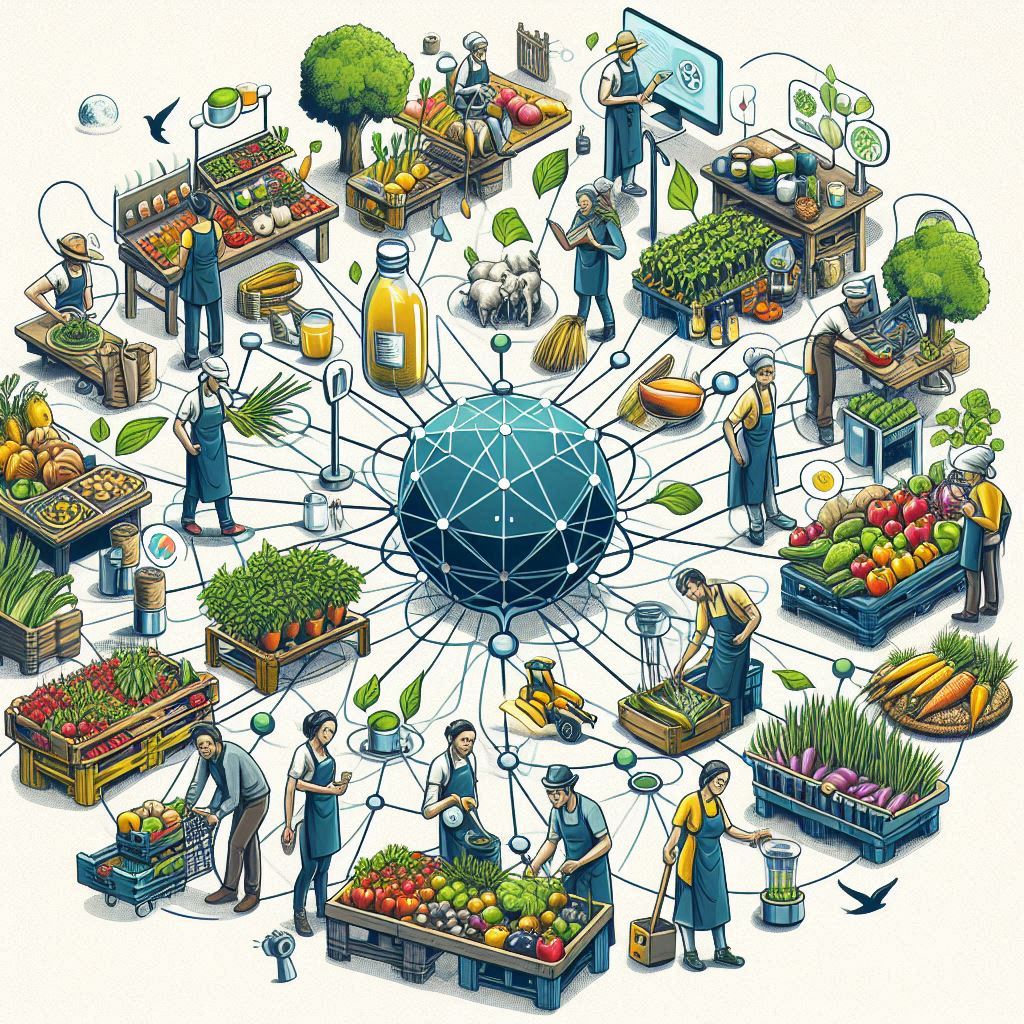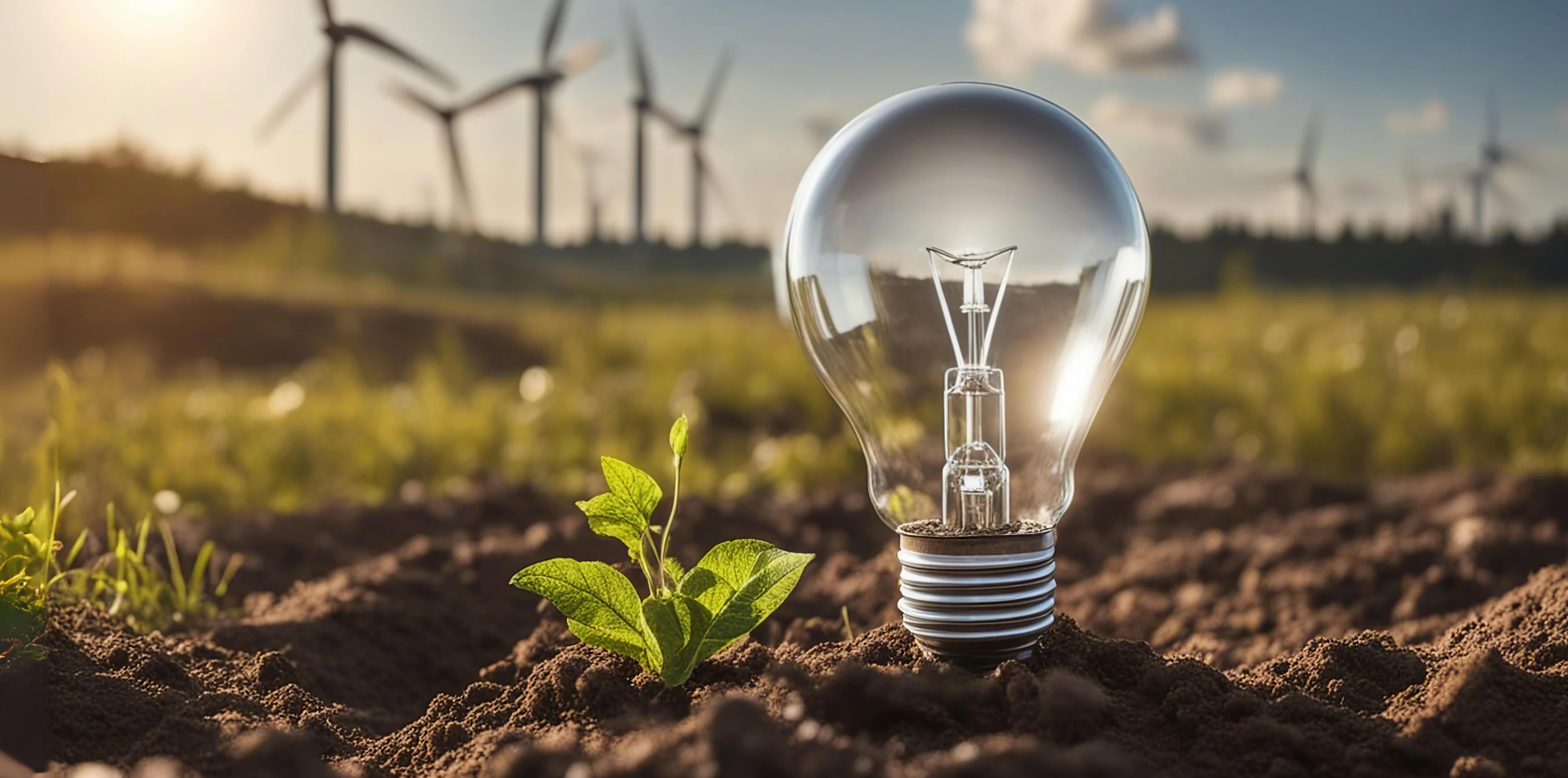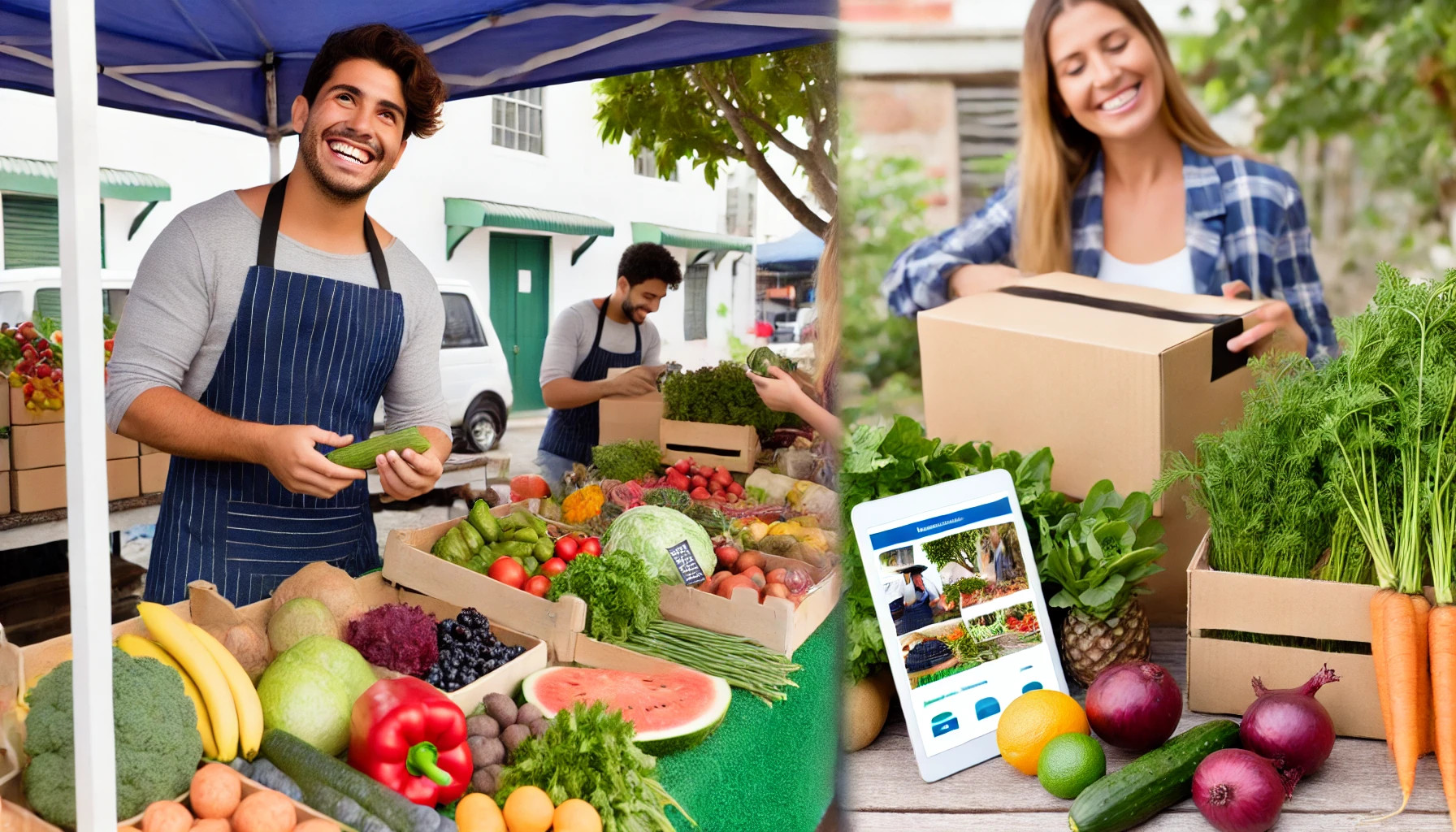Perspektywa AFN (1 min)
W tej sekcji przedstawiono perspektywiczne spojrzenie na AFN, podkreślając potencjalny wzrost, postęp technologiczny, zmiany w polityce oraz ciągłe znaczenie AFN w rozwiązywaniu globalnych i lokalnych wyzwań systemu żywnościowego w celu kształtowania zrównoważonej i odpornej przyszłości żywnościowej.
Alternatywne sieci żywnościowe z pewnością odegrają ważną rolę w tworzeniu bardziej zrównoważonego i odpornego systemu żywnościowego. Wykorzystując technologię, dostosowując się do wymagań konsumentów w zakresie przejrzystości i zrównoważonego rozwoju oraz wspierając współpracę między małymi producentami, AFN mogą wzmocnić swoją pozycję na rynku. Ze względu na to, że AFN nadal wpływają na politykę i koncentrują się na produkcji lokalnej, będą miały zasadnicze znaczenie w stawianiu czoła wyzwaniom związanym ze zmianą klimatu i globalnymi zakłóceniami, zapewniając bezpieczną i zrównoważoną przyszłość systemów żywnościowych.

Przyszłość AFN będzie również kształtowana przez postęp technologiczny. Narzędzia i platformy cyfrowe, takie jak technologia blockchain do śledzenia pochodzenia żywności, zaawansowane systemy logistyczne i sztuczna inteligencja do przewidywania popytu itp., będą miały zasadnicze znaczenie dla zwiększenia wydajności, przejrzystości i skalowalności AFN.
Polityka rządowa prawdopodobnie również odegra znaczącą rolę we wspieraniu AFN. W miarę jak znaczenie zrównoważonych systemów żywnościowych staje się coraz bardziej dostrzegalne, możemy spodziewać się zwiększonych inicjatyw rządowych, takich jak dotacje dla drobnych rolników, zachęty do przyjmowania zrównoważonych praktyk oraz inwestycje w lokalną infrastrukturę żywnościową. Ponadto miasta mogą zacząć włączać AFN do swoich strategii planowania miejskiego, wspierając rolnictwo miejskie, lokalne centra żywnościowe i targi rolne, co przyczyniłoby się do zwiększenia odporności lokalnych systemów żywnościowych.
Jednak AFN będą również musiały stawić czoła wyzwaniom, szczególnie w związku z trwającymi skutkami globalizacji i zmian klimatycznych. Sieci AFN mogą odegrać kluczową rolę w tworzeniu odpornych systemów żywnościowych, które będą w stanie wytrzymać globalne kryzysy, takie jak zmiana klimatu i zakłócenia gospodarcze. Nacisk kładziony przez nie na lokalną produkcję i dystrybucję może pomóc w zapewnieniu bezpieczeństwa żywnościowego w takich czasach. Jednocześnie AFN będą musiały znaleźć równowagę między skupieniem się na lokalnych potrzebach a sprostaniem szerszym wyzwaniom globalnego systemu żywnościowego.



